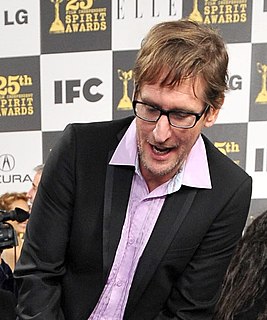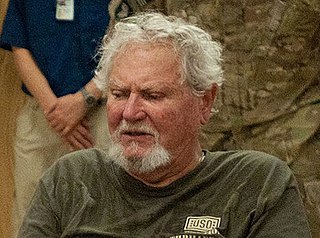A Quote by Leslie Pietrzyk
As writers and readers, we're drawn to conflict. It's that ancient theory of plot that's written on the whiteboard during every fiction workshop, characters who want something overcoming obstacles as a way to create narrative momentum and suspense. So there's that, that trauma gives us more plot.
Related Quotes
Fiction writers come up with some interesting metaphors when speaking of plot. Some say the plot is the highway and the characters are the automobiles. Others talk about stories that are "plot-driven," as if the plot were neither the highway nor the automobile, but the chauffeur. Others seem to have plot phobia and say they never plot. Still others turn up their noses at the very notion, as if there's something artificial, fraudulent, contrived.
There are times that you have a plot in your head, but then you find that the characters don't want to do that. When you're looking at the story from the outside, you can create whatever twists and turns you want. But when you're writing, you're inside the characters' heads, and you see that they may be motivated to do something different.
Some people's lives seem to flow in a narrative; mine had many stops and starts. That's what trauma does. It interrupts the plot. You can't process it because it doesn't fit with what came before or what comes afterward. A friend of mine, a soldier, put it this way. In most of our lives, most of the time, you have a sense of what is to come. There is a steady narrative, a feeling of "lights, camera, action" when big events are imminent. But trauma isn't like that. It just happens, and then life goes on. No one prepares you for it.
Remember: Plot is no more than footprints left in the snow after your characters have run by on their way to incredible destinations. Plot is observed after the fact rather than before. It cannot precede action. It is the chart that remains when an action is through. That is all Plot ever should be. It is human desire let run, running, and reaching a goal. It cannot be mechanical. It can only be dynamic.
I plot as I go. Many novelists write an outline that has almost as many pages as their ultimate book. Others knock out a brief synopsis... Do what is comfortable. If you have to plot out every move your characters make, so be it. Just make sure there is a plausible purpose behind their machinations. A good reader can smell a phony plot a block away.

































